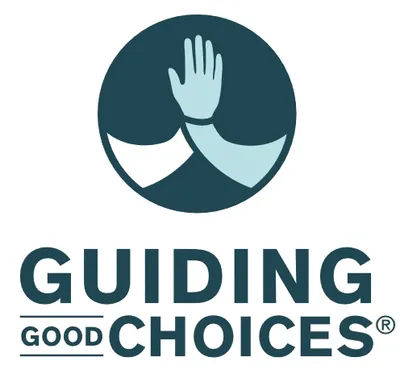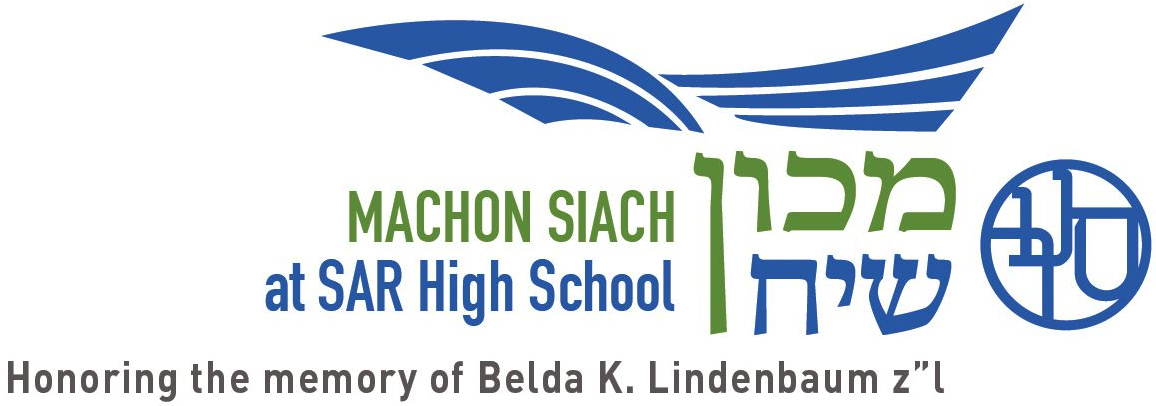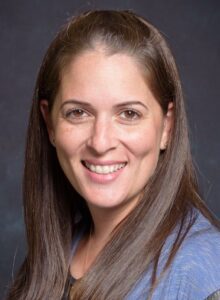
The new SAR Guiding Good Choices program
For the past few years, Machon Siach at SAR High School has been researching substance use among Modern Orthodox adolescents. The first concrete step that we took was data gathering about the problem, surveying thousands of teeangers in 20 Modern Orthodox high schools in 2019 and 2020 about their emotional health and substance use. One of the outgrowths of that surveying was the development of an evidence-based parenting program called Guiding Good Choices. This five-class series is meant to equip parents to minimize family conflict, increase bonding, and convey their values clearly to their children – all of which have been shown to result in better outcomes among teenagers in both the short and long terms.
This past spring, we offered the first Guiding Good Choices series at SAR High School with 22 parents who were willing to be the pioneers and committed to learning these strategies for two-hour sessions on five Monday nights.
The program’s main focus is the “Social Development Strategy,” which means giving kids skills, opportunities to use those skills, and recognition for using them. This approach is proven to strengthen the bond between children and parents which, in turn, makes children more likely to adhere to their parents’ values. This is a technique teachers can also use: teaching skills, giving opportunities to showcase those skills, and then offering positive recognition as a way to foster bonding with our students and support positive decision making.
However, don’t be fooled! This program doesn’t lay out a secret road map of how to be the perfect parent. Rather, it talks about how every family has different values, beliefs, and guidelines. We often assume that our kids know our values and beliefs just from being present in our households. However, unless we articulate our values aloud and review them with our children, we are not ensuring that those messages are conveyed. Guiding Good Choices encourages families to have designated times to discuss values with their children. One parent in our cohort had positive experiences during Shabbat meals when there were no guests and just the family sat together at the table. This particular parent felt it offered an organic way to raise different topics with time to discuss them meaningfully and hear from each family member.
The program was such a success because, among other reasons, real-life sharing of experiences occurred among the group. We created a safe space where we could be honest and vulnerable with each other while sharing personal stories and anecdotes. For example, during the opening of a session about strategies for controlling anger, my co- facilitator, Dr. Rivka Schwartz, shared a funny anecdote about not controlling her own anger when interacting with one of her kids. This set a tone for the rest of the session by reminding participants that none of us are perfect parents! In another session, one parent shared that this program forced tough conversations about substance use that wouldn’t otherwise happen between spouses or co-parents in order to be on the same page. Conversations ranged from benign topics – expectations around chores and budgeting – to heavier topics like expectations surrounding driving and alcohol. One parent shared that, in the age of Uber, she does not believe in relying on her children’s peers as “designated drivers.” I hadn’t considered this position before, but it made sense to me: why take the risk? Others might have disagreed, though, and we had room in the group for both assenting and dissenting voices.
Even as a trained facilitator, this program opened my eyes to ideas that may seem obvious but are hard to enact. One of the activities, for instance, is to hold a pen in your non-dominant hand and write because “learning a new skill takes patience and practice.” After seeing the messy, uneven, childish handwriting on my paper, I understood the depth of this message. Certain skills may seem intuitive, but they take time and practice to become natural and organic. This program has given me tools, strategies, and language to use with my own children. I’m hoping that, with practice, I and the rest of the cohort will utilize these tools and strategies to strengthen our family bonds, minimize conflict, and ultimately help our children flourish.
Last year, we ran a single Guiding Good Choices cohort as a pilot. This year, we have five cohorts scheduled. As we scale up, the benefits will scale up as well. Not only will we have a group of parents who feel supported in their efforts to parent effectively amid today’s challenges, but we will have begun to shape a communal culture around addressing these challenges. At that point, the value of Guiding Good Choices will extend beyond a support group or a single cohort; it will, instead, become a shared communal approach, a vocabulary, and a set of understandings about our values and how to convey them effectively. Indeed, we hope to reach the point where all SAR families go through this training so that we can consistently help and support each other as we work collectively to guide our children in making healthy choices.



